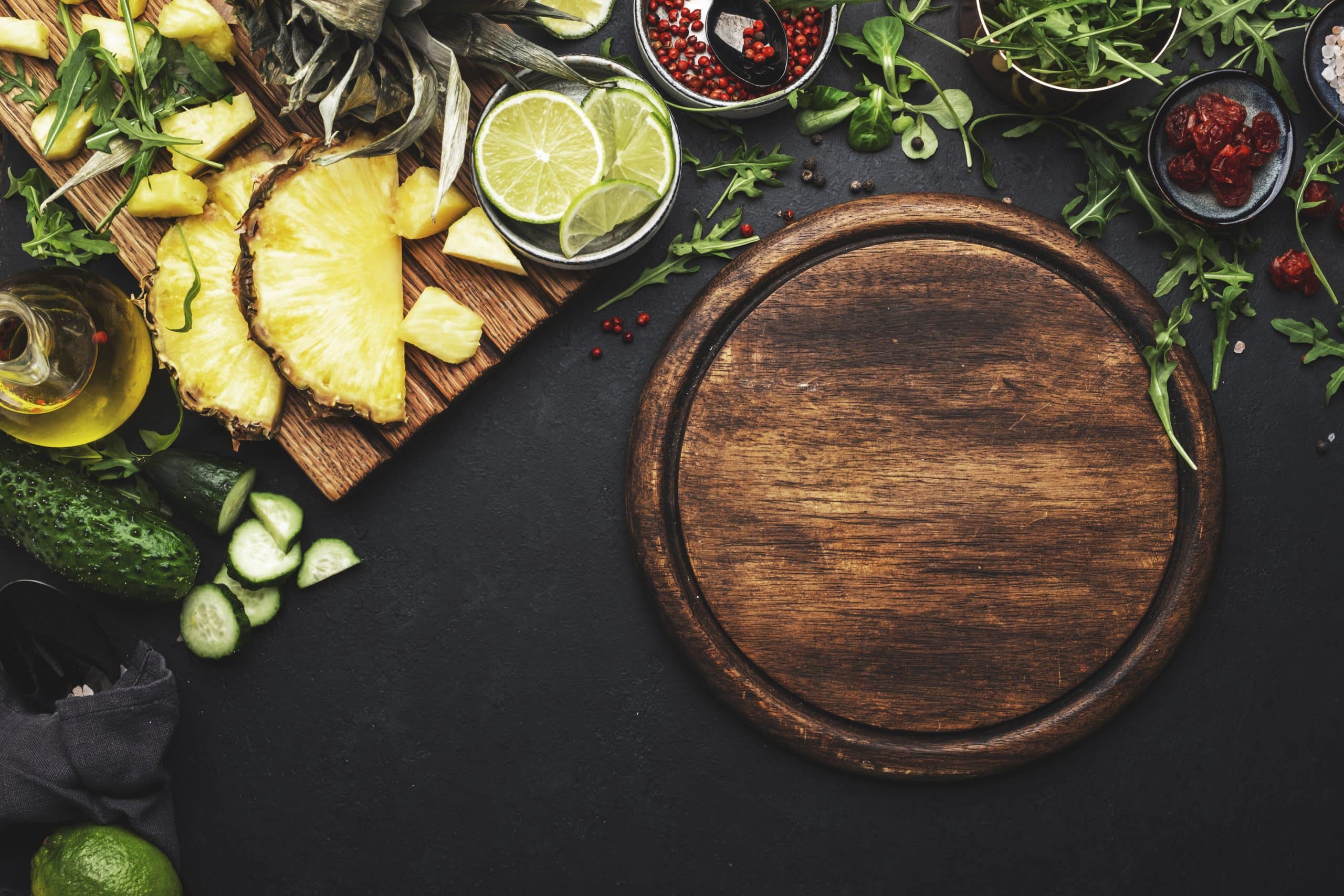How to Prepare a Nutrition Plan for Young Gymnasts During Growth Spurts?

As a parent, coach, or guardian of a young athlete, it comes as no surprise that nutrition plays a crucial role in the child’s overall performance and growth. When the athlete in question is a young gymnast going through a growth spurt, the importance of a well-balanced diet cannot be overstated. Gymnastics demands strength, flexibility, balance, and control, all of which are heavily influenced by nutrition.
Understanding the adequate nutrition for these young athletes during their growth spurts aids in their body development, energy sustenance, and performance improvement. Hence, this article aims to serve as an informative guide on how to prepare a nutrition plan for young gymnasts during their growth spurts.
Sujet a lire : What’s the Role of Foot Strike Analysis in Preventing Overuse Injuries in Distance Runners?
1. Understanding the Nutritional Needs of Young Gymnasts
To plan a suitable diet for young gymnasts, we first need to understand their nutritional needs. Considering the high-intensity nature of the sport, gymnasts require a good amount of energy derived from a balanced intake of carbohydrates, protein, and fats.
Carbohydrates are the primary source of energy for the body. They fuel the muscles and central nervous system, enabling the athlete to perform high-intensity activities. However, this doesn’t give you a free pass to load up on sugary foods. Instead, focus on whole grains, fruits, and vegetables.
A lire en complément : What’s the Best Way to Teach Youth Ice Hockey Players to Safely Check Opponents?
Protein, on the other hand, is essential for muscle repair and growth. It aids in injury recovery and can help young athletes to maintain their strength during growth spurts. Lean meats, poultry, fish, eggs, and dairy are good sources of protein.
Fat is equally important and should not be neglected. It provides a concentrated source of energy, aids in nutrient absorption, and helps in the production of hormones.
2. Timing and Frequency of Meals
Nutrition isn’t just about what you eat, but also when and how often. For gymnasts, it’s important to eat at regular intervals throughout the day to maintain a constant energy level.
Breakfast is crucial for starting the day on a high note. A meal containing a balance of protein, carbohydrates, and fats is ideal. For instance, a serving of whole grain toast, scrambled eggs and avocado can provide the needed nutrients.
Lunch and dinner should also consist of a balance of all three macronutrients. A good rule of thumb is to fill half the plate with vegetables, a quarter with lean protein, and the remaining quarter with complex carbohydrates.
In between meals, snacks are vital to maintain energy levels and prevent the onset of fatigue. Nutritious snacks might include a piece of fruit with a handful of nuts, or Greek yogurt with a sprinkle of granola.
3. Hydration and Electrolyte Balance
Hydration is as important as food intake for maintaining energy and performance. Water is crucial for regulating body temperature, transporting nutrients, and aiding digestion. Young athletes should aim to drink water throughout the day, not just during practice or competition.
In addition, electrolyte balance is vital for preventing muscle cramps and maintaining overall health. Electrolytes can be found in foods like bananas and oranges, as well as in sport drinks.
4. Understanding Individual Needs and Preferences
Every child is different, and these differences extend to nutritional needs and preferences as well. Some children may have food intolerances or allergies that need to be considered. Others might simply have different taste preferences.
Involving the child in meal planning and preparation can help them feel more engaged and enthusiastic about their food. It’s also a great opportunity to educate them about the importance of nutrition and how it relates to their performance.
5. Consulting a Nutrition Professional
While this guide provides a basic overview, it’s always advised to consult a nutrition professional when creating a detailed nutrition plan. This can ensure the child is getting all the necessary nutrients for their specific needs, and can also help to address any concerns or issues that arise.
A nutrition professional can also help to adjust the plan as the child grows and their requirements change. This is especially important during growth spurts, when nutritional needs can increase dramatically.
To sum up, the overall health and performance of a young gymnast are heavily reliant on their nutrition intake. Understanding their nutritional needs, eating at the right time, maintaining hydration, acknowledging individual needs, and seeking professional help when needed are pivotal steps in preparing a successful nutrition plan.
6. Addressing Potential Nutritional Challenges
Young athletes, especially gymnasts, often face unique challenges related to nutrition. One such challenge is the risk of disordered eating. Gymnasts, particularly females, may feel pressure to maintain a certain body type for their sport. This can lead to unhealthy eating habits and potential nutrient deficiencies, impacting their overall health, performance, and growth development during crucial growth spurts.
Parents and coaches should keep an eye out for signs of disordered eating, such as skipping meals, obsession with food, sudden weight loss, or fatigue. If you suspect your young gymnast is struggling with such issues, it is important to seek professional help immediately. Google Scholar can be a useful resource to find research and advice on this subject.
Another challenge is ensuring the intake of enough energy and nutrients. Due to the physically demanding nature of the sport, gymnasts need a higher calorie intake compared to their non-athletic peers. This requirement significantly increases during growth spurts. Taking dietary supplements can be a way to ensure adequate nutrient intake. However, this should be done under the guidance of a sports nutrition professional to avoid exceeding recommended doses.
Lastly, maintaining bone health is critical for gymnasts. Their intense training can put a lot of stress on their bones. Hence, they need a diet rich in calcium and vitamin D. Dairy products, fortified cereals, and leafy greens can be excellent sources of calcium. Vitamin D, on the other hand, can be obtained from sunlight exposure, fortified foods, and supplements.
7. Measuring Success of The Nutrition Plan
The success of a nutrition plan is not just measured by the athlete’s performance, but also by their overall health and development. Regular check-ups with a healthcare professional can help monitor the young gymnast’s growth, development, and overall health.
Keep a close eye on the gymnast’s energy levels during exercise, their ability to build muscle, and their overall mood and well-being. If they are continuously fatigued, having trouble gaining muscle, or generally not feeling well, it may be a sign that their nutrition plan needs adjustment.
Remember, it’s important to ensure that the nutrition plan is flexible and adaptable. As the young athlete grows, their needs will change. Regularly reassessing and adjusting the plan is crucial for continued success.
Conclusion
Preparing a nutrition plan for a young gymnast, particularly during growth spurts, involves more than just serving balanced meals and snacks. It requires an in-depth understanding of the specific nutritional needs of adolescent athletes, a keen eye for monitoring their health and performance, and a responsive approach to adapting the plan as the athlete grows and changes.
Adhering to the principles of sound sports nutrition, staying vigilant about potential challenges like disordered eating, and consulting with a nutrition professional can all go a long way in supporting the growth and development of a young gymnast.
Remember the old saying, "You are what you eat." For a young gymnast, this couldn’t be more true. The right nutrition plan can provide the fuel they need to excel not only in their sport but also in their everyday life. So, take the time to get it right. Your young athlete’s future self will thank you.
